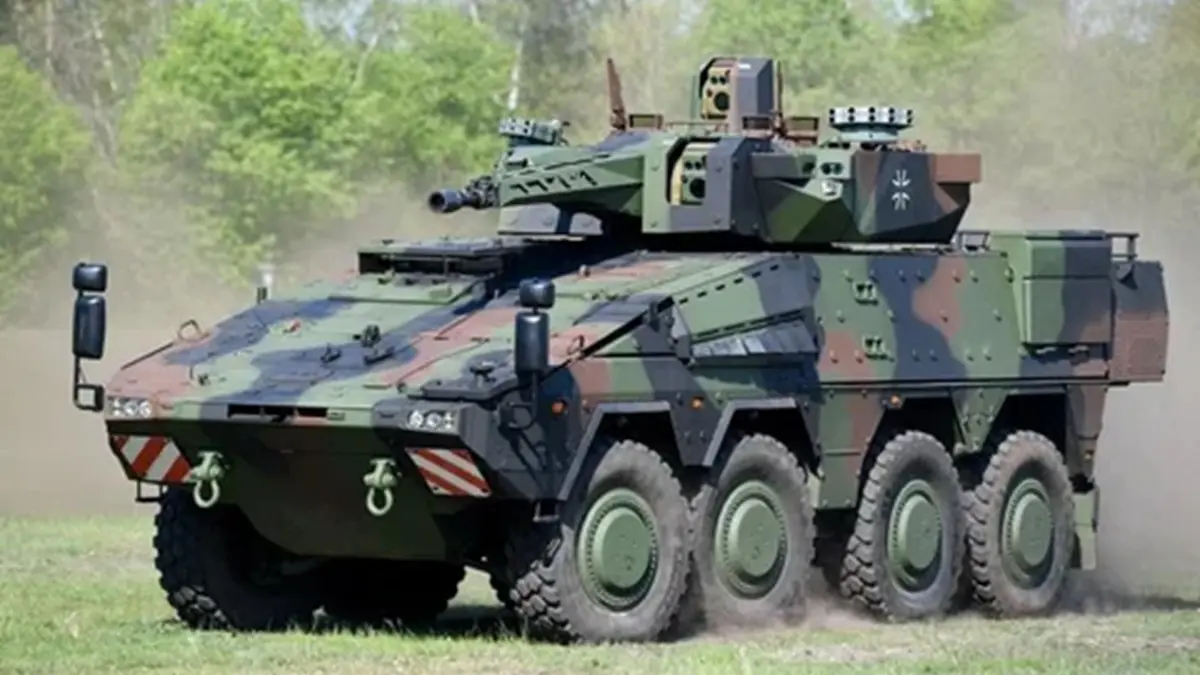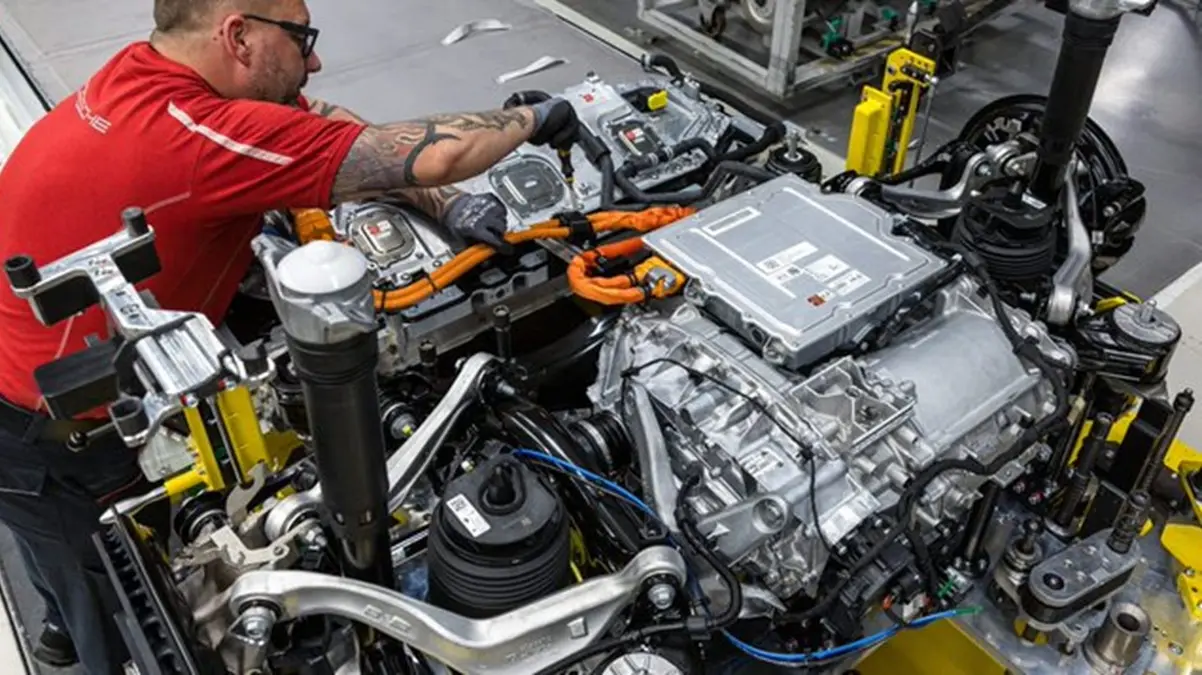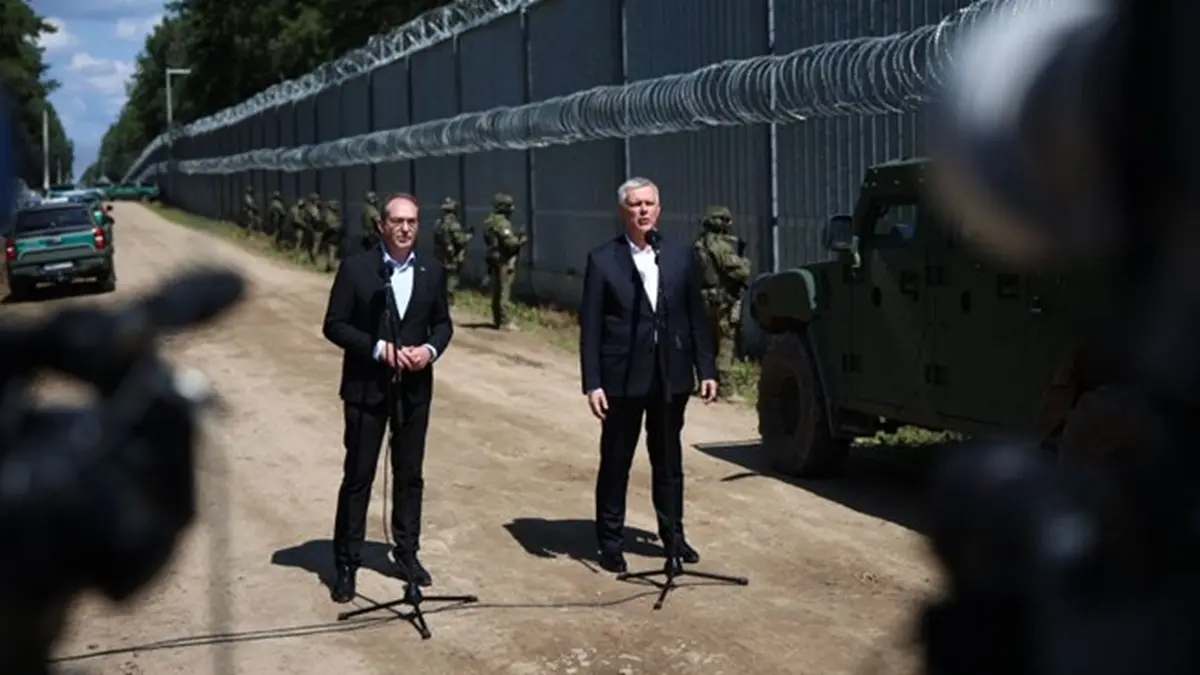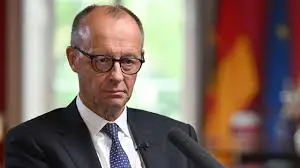Progressive Leaders To Celebrate the Soviet Victory Over Nazi Germany in Moscow

Military equipment preparing for Russia’s Victory Day celebrations. X/ @JoongAngDaily
May 5, 2025 Hour: 11:45 am
They support a multipolar world order that breaks away from U.S. hegemony.
This week, Russia will hold grand celebrations marking the 80th anniversary of the Soviet victory over Nazi Germany, with festivities expected to be attended by major leaders who support a multipolar world order that breaks away from U.S. hegemony.
RELATED:
Ukraine Not To Recognize Occupied Areas as Russian Territories
“We will be delighted to welcome everyone who is willing to celebrate this great date with us. This is especially important now, as Nazism has once again taken hold in Europe,” said Kremlin spokesperson Dmitry Peskov.
Since 1945, Russians have always enthusiastically celebrated May 9. On this occasion, Russian President Vladimir Putin will use the festivities to showcase his country’s military power. Around twenty heads of state have confirmed their attendance in Red Square, which will host a military parade featuring Russian troops currently fighting in Ukraine, along with detachments from other countries.
Among the attendees will be Chinese President Xi Jinping, Brazilian President Lula da Silva, Slovak Prime Minister Robert Fico, Serbian President Aleksandar Vučić, Bosnian Serb separatist leader Milorad Dodik, Venezuelan President Nicolas Maduro, and Cuban President Miguel Diaz-Canel.
Russia and the invited leaders are interested in the formation of a multipolar world order in which the United States and its allies abandon their hegemonic ambitions in favor of a new global consensus.
In fact, Moscow considers the war in Ukraine to be the first step toward this new division of global influence—an aspiration that has been encouraged by U.S. President Donald Trump through his ongoing antagonism with Europe.
Putin continues to defend the legacy of the Yalta Conference, held on the Crimean Peninsula in 1945, which gave rise to multilateral institutions such as the United Nations. He believes the unipolar order that emerged after the fall of the USSR in 1991 has been a failure that has only brought instability.
teleSUR/ JF
Source: EFE






